Ukraine

Since the Russian invasion of Ukraine nearly one-third of Ukrainians have been forced from their homes. This is the largest human displacement crisis in the world today. Within Ukraine, over 6.2 million people remain displaced by the war, and 15.7 million in need of humanitarian assistance (as of October 2022). Access to health care is […]
Venezuela
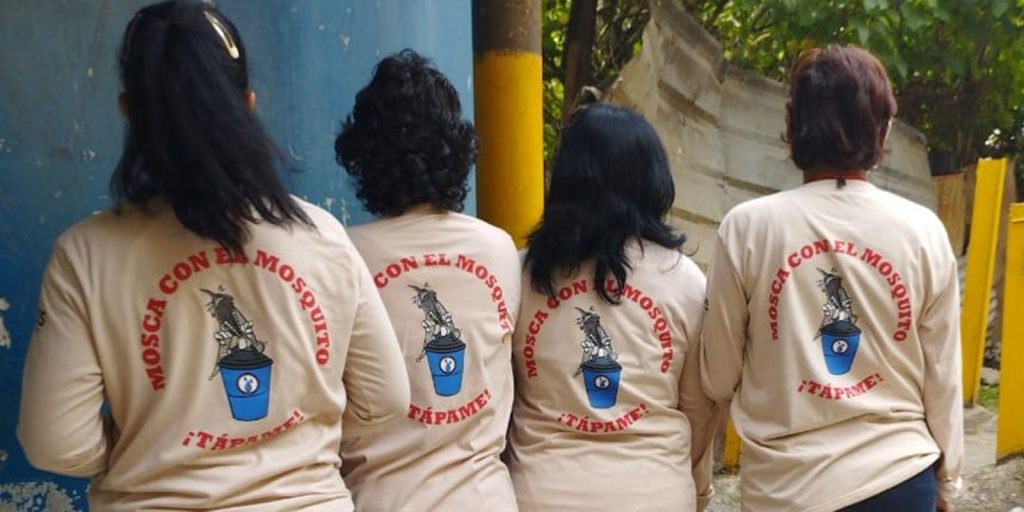
Venezuela is experiencing an unprecedented social and humanitarian crisis that has resulted in one of the biggest migration movements the world has ever seen. The population that remained in Venezuela is the most vulnerable – often the very young and old – and has limited access to basic services. One of the diseases that thrives […]
Nigeria
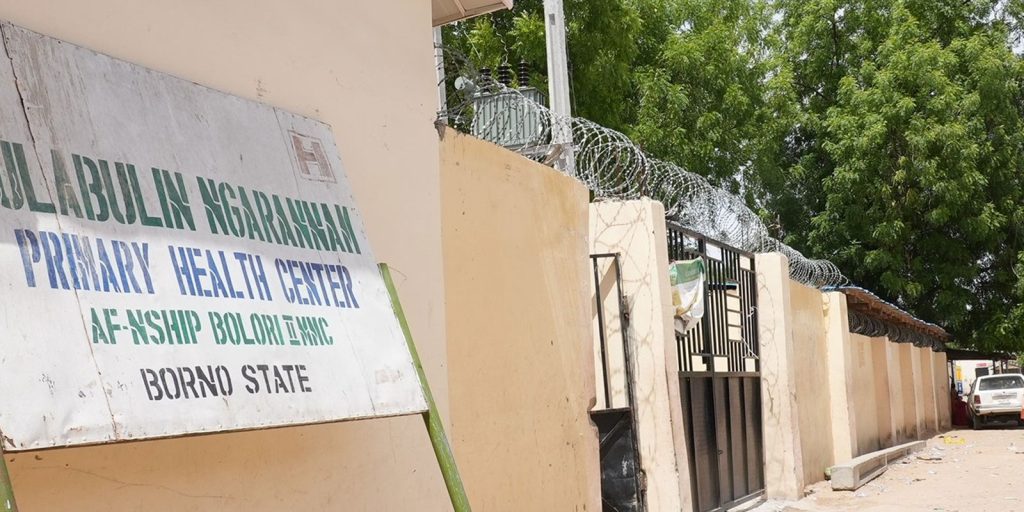
The protracted humanitarian crisis in northeast Nigeria has now lasted over 10 years. It has led to the displacement of millions of people and the destruction of critical infrastructure. Throughout 2019 and early 2020, Armed Opposition Groups (AOGs) increased their areas of operation creating greater restrictions on humanitarian access and placing populations at even greater […]
Mozambique

In the last few years, Mozambique has faced multiple humanitarian emergencies due to extreme climate events such as cyclical droughts and flooding, as well as two unprecedented cyclones in 2019. Cyclone Idai was classified as the biggest cyclone recorded in the Southern Hemisphere and devastated the central part of the country. In Mozambique more than […]
Yemen

Yemen has become one of the world’s largest humanitarian crises since the war began in 2014. Seven years of ongoing conflict and political instability have made 23.4 million Yemenis (73% of the country’s population) dependent on humanitarian assistance to survive. This includes 4.3 million internally displaced persons (IDPs), the fourth-largest IDP population due to conflict […]
Syria
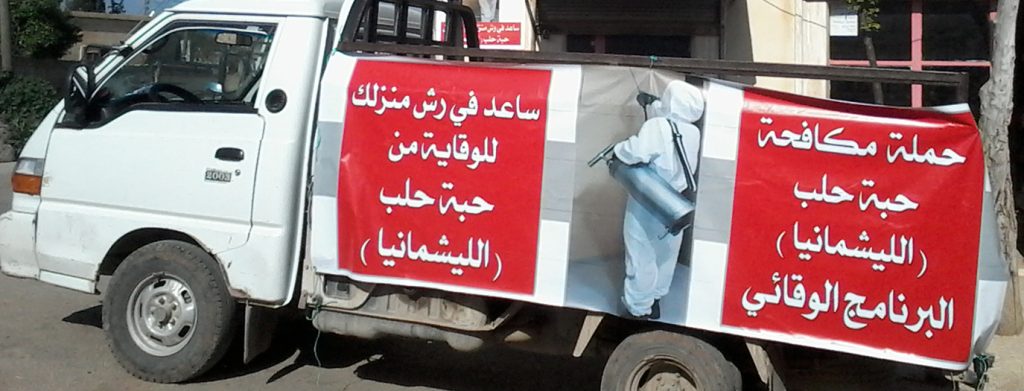
The Syrian civil war, which began in 2011, has created the perfect environment for the proliferation of leishmaniasis, a vector-borne disease that is transmitted by sand flies. Sand flies breed in cracks and crevices, in uncollected waste and the rubble of destroyed buildings. Accumulating household waste, general debris, rubble and ongoing bombardment and artillery shelling […]
Kenya
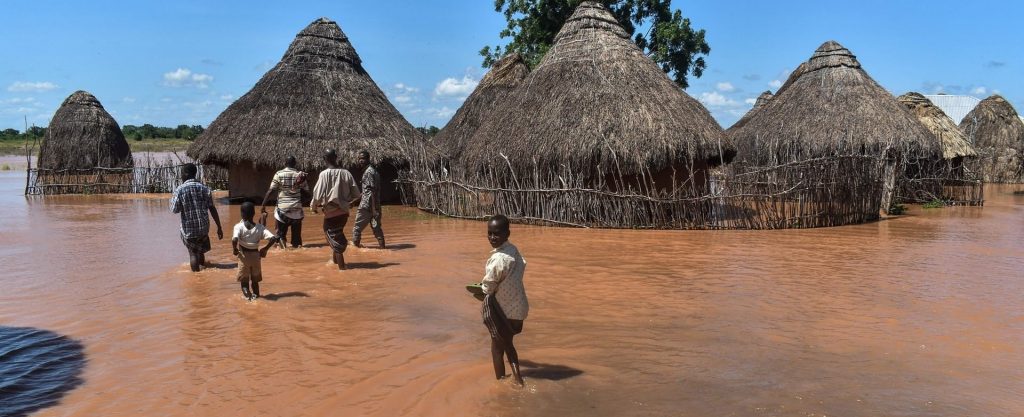
Over the past few decades conflict and natural disasters has left the population in North Eastern Kenya marginalised and vulnerable. With support from the UK Foreign, Commonwealth, & Development Office (FCDO), MENTOR worked in partnership with Departments of Health in Wajir, Garissa and Mandera to ensure vulnerable communities at risk of malaria and vector-borne disease outbreaks had […]
Liberia

MENTOR began working in Liberia in 2003 and trained several thousand health workers in the 15 counties to increase their technical capacity at a national level. MENTOR has helped to manage infectious diseases such as Ebola, through improved surveillance, effective IPC (Infection and prevention control) practices, differential diagnosis and case management. During the Ebola outbreak, […]
South Sudan
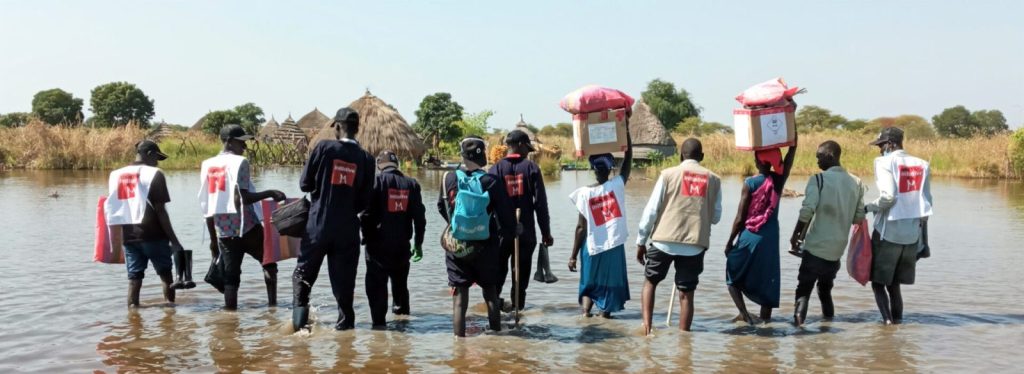
Home to around 12.4m million people, South Sudan is emerging from a prolonged civil conflict with a very high human cost. More than half of the South Sudanese population requires urgent food assistance. About 40% of the population is internally displaced or live as refugees in neighbouring countries, and more than 80% fall below the […]
Previous work in Chad
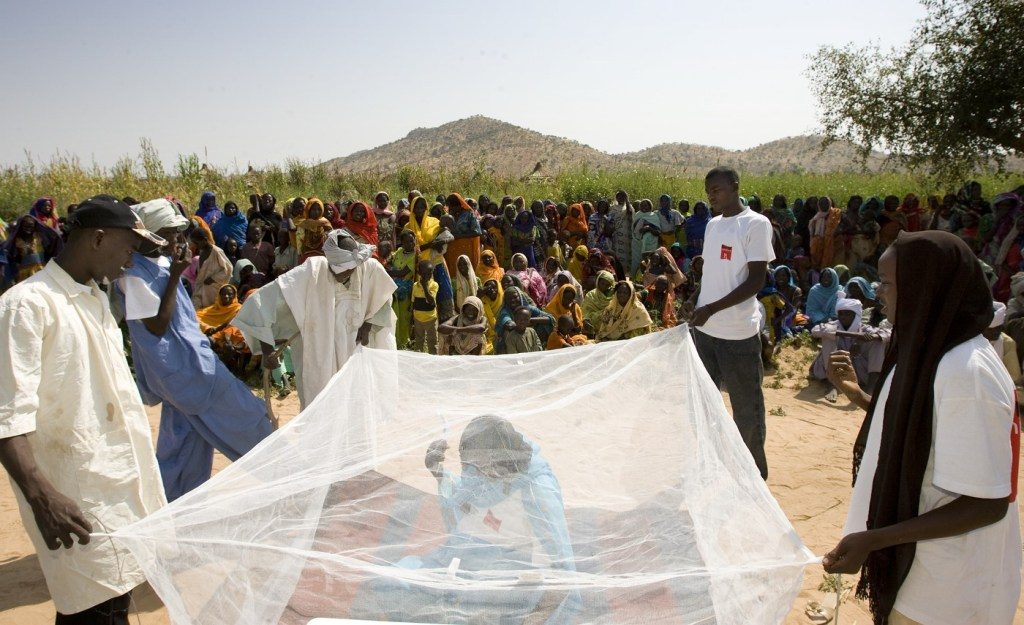
Southern Chad is host to tens of thousands of refugees fleeing the fighting in neighbouring chaotic CAR. In February 2015, Boko Haram (the Islamist extremist group) attacked the Chadian shore of Lake Chad, reacting to Chad’s military interventions in Cameroon. The Boko Haram attacks forced at least 40,500 people to flee their homes between January […]
